Pope Francis visits the United States in late September 2015. He will speak in Washington, D.C., New York, and Philadelphia, including an address at the United Nations and to a full Congress. His visit will be an opportunity for reflection and—who knows—might possibly be a turning point in the United States’ long, tortuous debate about climate change. The Pope’s recent Encyclical on the Environment and Climate Change, Laudato si, was certainly a welcome acknowledgement that an unimaginable crisis is upon us. His urgent appeal not only recognized the immensity of the sustainability challenge we face, but also called for immediate action.
By situating a duty to care about environmental degradation squarely within the Catholic religious tradition, Pope Francis may have shown us a path beyond the political and ideological thicket that has for too long stymied any genuine public conversation about climate change here in the United States. As Rob Verchick put it, Pope Francis has the power to “vouch” that climate change is real, that it is happening now, and that urgent action is required. With any luck, his visit to the United States will give him many opportunities to be the climate change “voucher” we so desperately need. Speaking directly to the likes of Oklahoma Senator Inhofe, the infamous “Senator with a snowball,” the earnest chemist turned priest might be able to open hearts and minds too long closed to the frightening changes going on, and to the deep injustice that climate change perpetrates against the most vulnerable among us. Barring unforeseen catastrophes, Pope Francis’s words will dominate the news cycle. That means that he has a unique opportunity to focus global and national attention on the looming ecological catastrophe that is climate change, and to bring its tragic consequences into the popular media’s 24/7 coverage of his visit.
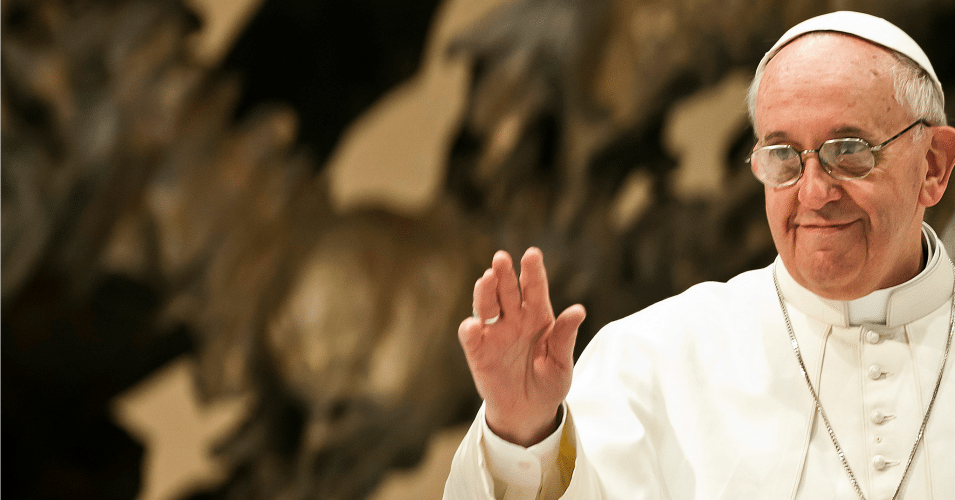
I was recently asked by Newsday to reflect on what I would say to Pope Francis. What came to mind immediately was a line from the New Union Prayer Book: “No longer can we tear the world apart to make our fire.” For me, this line from the prayer welcoming the Sabbath encapsulates the sustainability challenge—how to meet the needs and aspirations of 7.4 billion people while also keeping our impact on the earth within planetary boundaries.
As a species, we are failing miserably in this task. We poison our air, land, and water to “build our fire,” while pumping alarming amounts of carbon into our atmosphere in the process. Unchecked, human exploitation of the planet has created environmental “haves” and “have-nots”—permitting a “throwaway” lifestyle for the few, while leaving billions in abject poverty.
This disparity is as true within nations as it is between them. Looking more closely at how just one or two pollutants affect people in a single city can help make the distributional justice concerns clear. The New York metro region as a whole ranks unfavorably high for air pollution—the 12th worst metro area in the country. In 2014, Queens, the Bronx, Manhattan, and Staten Island all received F grades from the American Lung Association for ozone pollution. The health impacts New Yorkers suffer because of these unacceptable levels of pollution are nothing short of disastrous. According to the New York Department of Mental Health and Hygiene, ozone and particulate matter, two common pollutants from combustion of fossil fuels, are directly responsible for 3,400 premature deaths in NYC each year. For perspective, that means that on average, eight to ten times as many New Yorkers are killed by just these two pollutants as are murdered in any given year.
The morbidity effects are even more striking. These pollutants are responsible for more than 2,000 asthma-related hospital admissions, and over 6,900 asthma-related emergency room visits, each year.
These statistics are grim and getting worse. And, the distribution of this environmental suffering is staggeringly unequal. Asthma rates rise dramatically as income goes down. In New York, asthma rates for those with annual household incomes below $15,000 is more than double the rates for households with annual incomes exceeding $75,000 (15 percent versus 6.8 percent). Over 17 percent of African-American children suffer from asthma, compared to 8.7 percent for white children and 11 percent for Latino/a children. Children under four years of age from low-income areas are more than four times more likely to be hospitalized for asthma than children from high-income areas. Here, in these few statistics about the relationship between one disease and one or two pollutants, we see the entire climate justice problem writ small.
The Pope has been an eloquent voice for the current and projected victims of climate change. Over the next few days, he will have the biggest possible platforms from which to try to turn that eloquence into action. Pope Francis will address the entire world as he opens the United Nations Sustainability Summit. He will then speak to the United States during an unprecedented address to a joint session of Congress. The Pope’s remarkable popularity with Catholics, non-Catholics, and, indeed, even with atheists, suggests that his words will matter.
Both addresses will give Pope Francis the opportunity to make real the crises of climate change. The ice is melting, the seas are rising, and we are on track for catastrophe. Those suffering first (and perhaps most) contributed least to the problem and benefited least from the development and exploitation that got us here. Pope Francis can help every-day Americans appreciate that climate change is far more than an esoteric scientific question—it is an immediate, moral one. He can breathe life into New York’s asthma statistics, and bring home the grave environmental inequalities our lifestyle creates.
I hope that Pope Francis will use his American visit to emphasize that while sustainability is a question of survival, it is also a question of justice—environmental justice. Billions of people live in penury, contributing virtually nothing to the planetary crisis, while we privileged few tear the world apart to make our fires. The children of New York deserve more; the children of the world deserve more!
Rebecca Bratspies
New York City
About the Writer:
Rebecca Bratspies
Rebecca Bratspies is a Professor at CUNY School of Law, where she is the founding director of the Center for Urban Environmental Reform. A scholar of environmental justice, and human rights, Rebecca has written scores of scholarly works including 4 books. Her most recent book is Naming Gotham: The Villains, Rogues, and Heroes Behind New York Place Names. With Charlie LaGreca-Velasco, Bratspies is co-creator of The Environmental Justice Chronicles: an award-winning series of comic books bringing environmental literacy to a new generation of environmental leaders. The ABA honored her with its 2021 Commitment to Diversity and Justice Award.

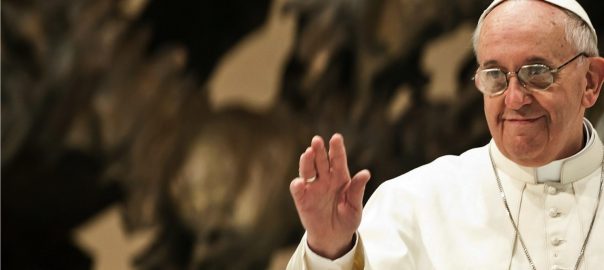
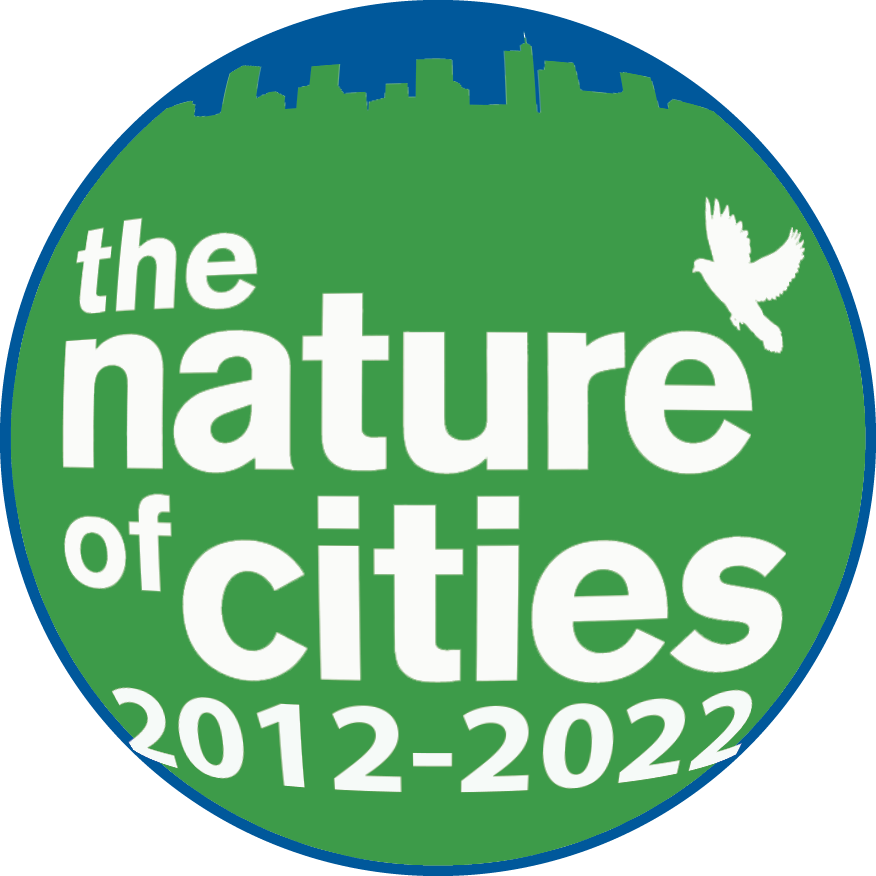
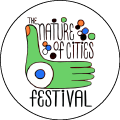
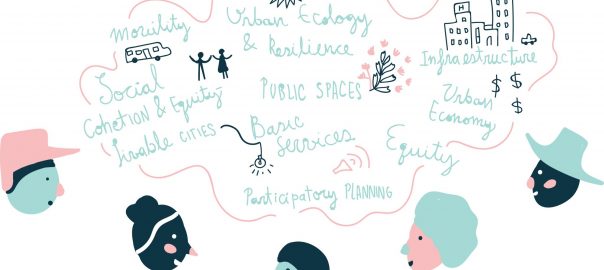
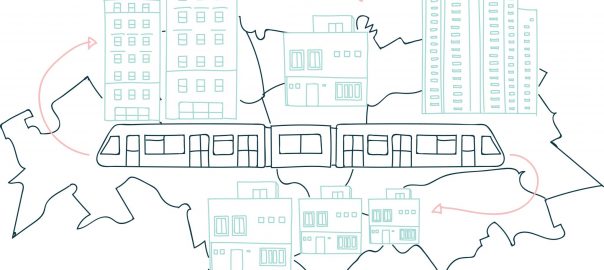
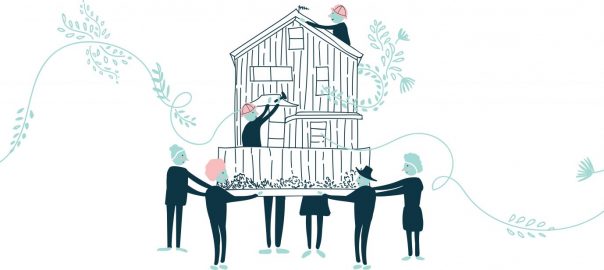
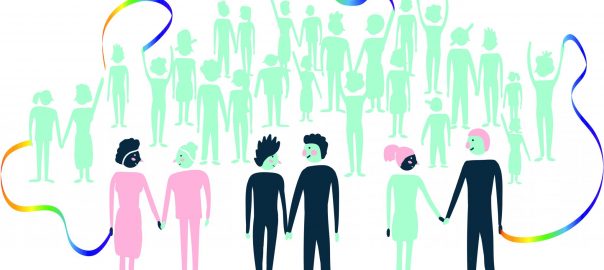
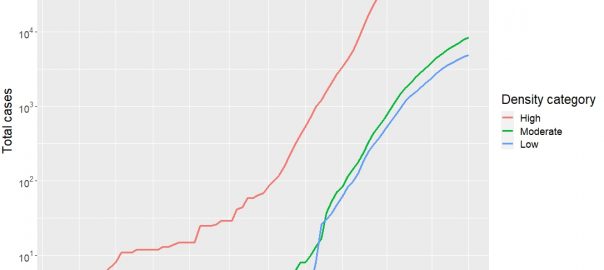
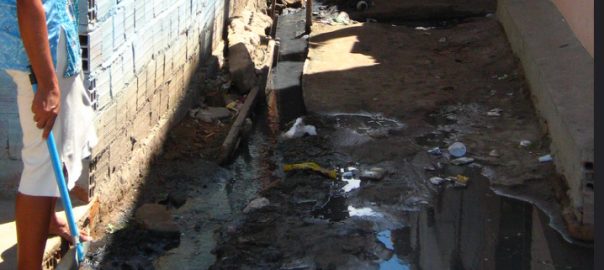
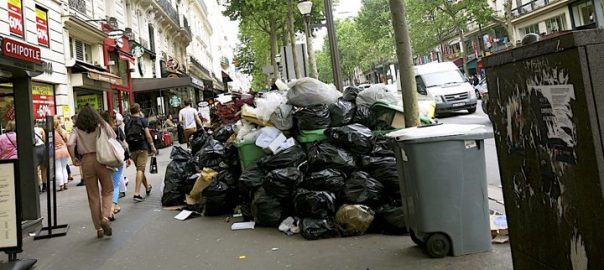
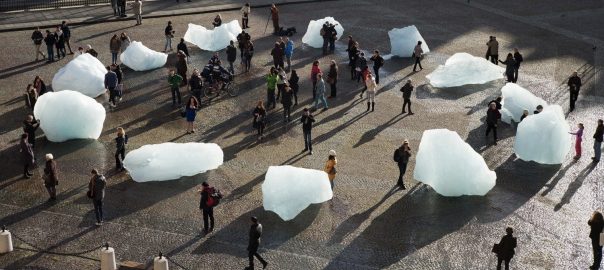
2 Comments
Join our conversation